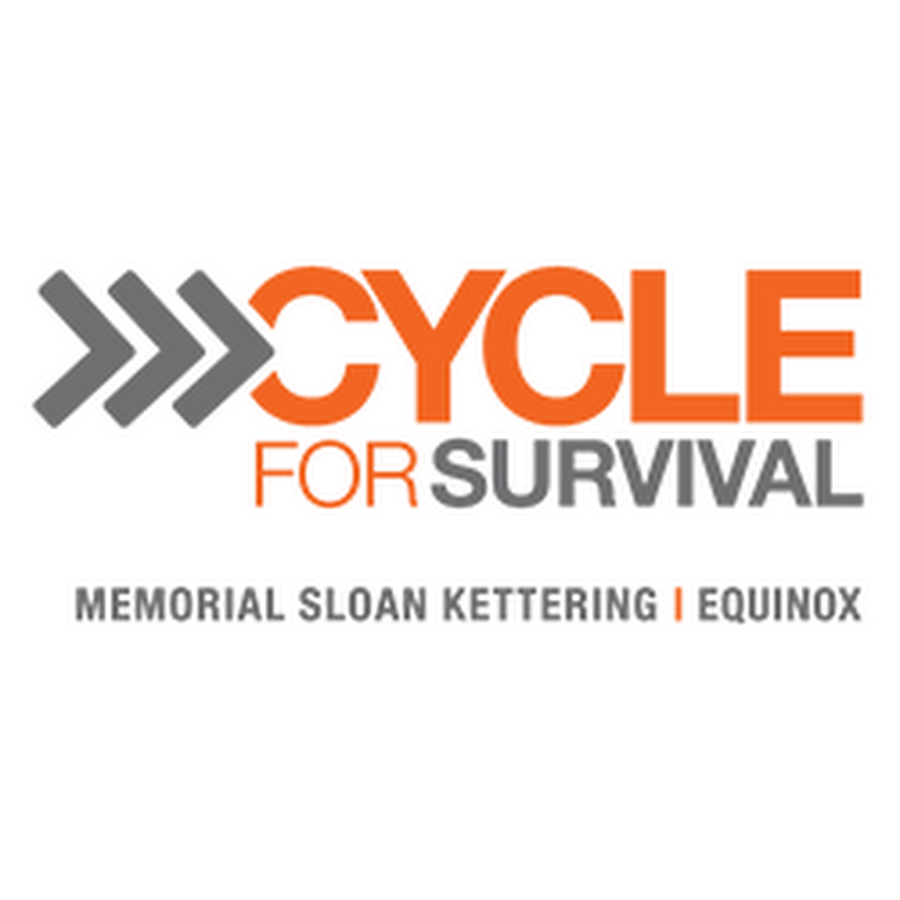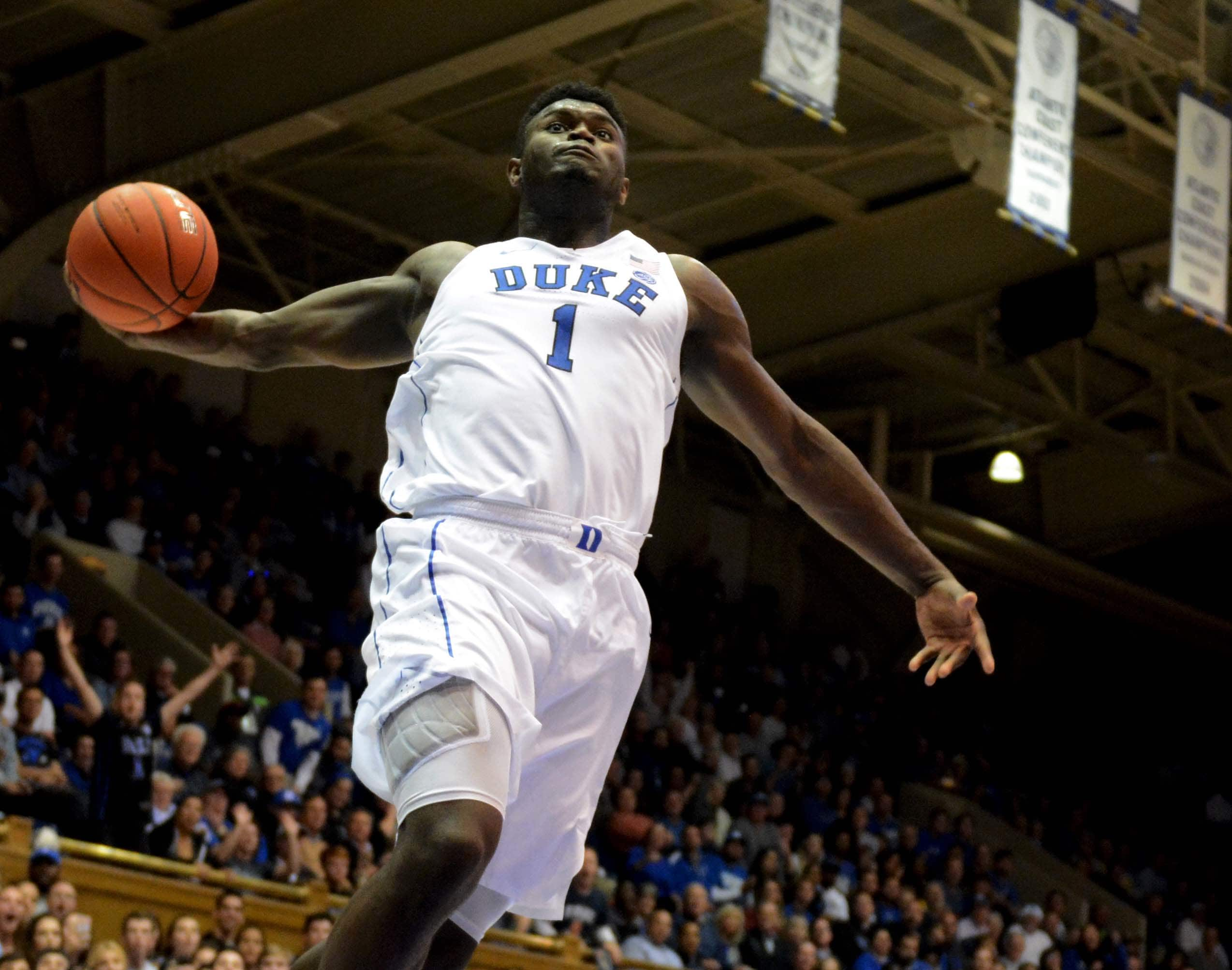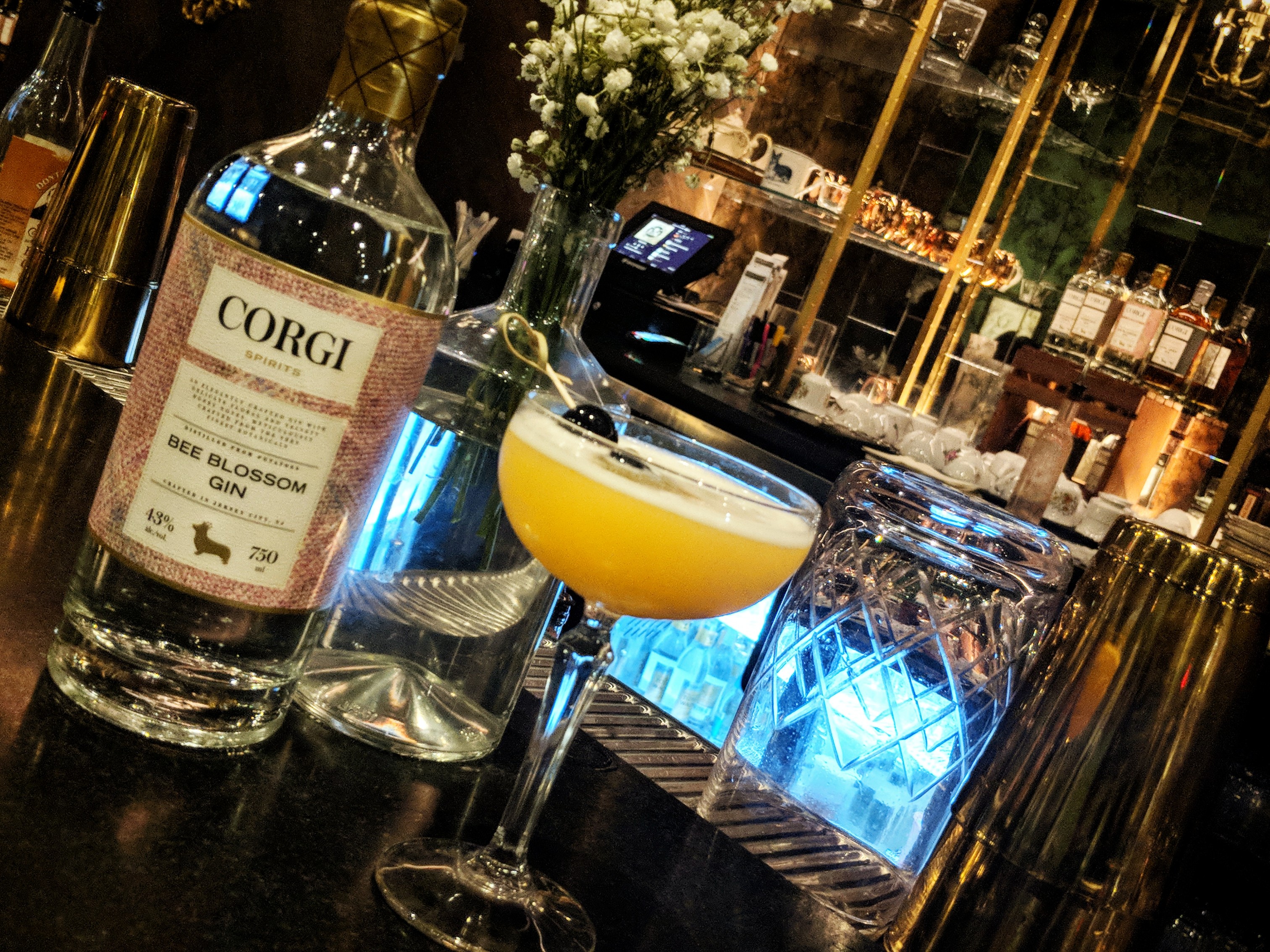
Cycle for Survival is a team up between Soul Cycle, Equinox, and Memorial Sloan Kettering Cancer Center. It is the national movement to beat rare cancers. The events that are put together provide a tangible way for regular people to fight back. 100% of the proceeds go to lifesaving rare cancer research.
Dania Hasan is a brand strategist at Horizon Media. She has degrees in both Labor Relations and Spanish from Rutgers University.
Q: Cancer has overtaken the medical world over the past half century, leading the way of maladies and illness. When were you first exposed to cancer as a notion?
A: I always knew that cancer meant something bad – something extreme. When I was in fourth grade, my friend lost his father to cancer. The fact that he died from cancer meant that it was more extreme than I originally believed it to be. Again, I was quite young, but I remember this being a really big deal. After that, I learned of more and more people being either diagnosed or dying from the illness.
Q: I recall you stating you lost two family members to cancer. How did that affect you then and how does it drive you now?
A: Correct. In 2002, I lost my uncle to what was believed to be colon cancer. He was just 59 years-old. A few years later, I lost my aunt to breast cancer. She had actually fought the cancer away years before she passed, but the cancer came back and unfortunately killed her quickly. I was quite young when they passed, but just knowing that I lost two family members to the same illness was scary. The hardest thing was seeing each one of my parents in pain after losing their siblings. As the years went on, we (my parents, siblings, and myself) took more initiative to research the sickness and preventative care methods. Together, we began to eat more healthily, exercise more frequently, and keep up with our doctors’ appointments.
Q: There are numerous amounts of cancer related events and charities, how were you introduced to ‘Cycle for Survival’?
A:I used to read about celebrities who were seen participating in Cycle for Survival, but never really look into it to understand what it was. I then began working for an event marketing agency that promoted the event, and because I do cycle at the gym sometimes, the event appealed to me. It was the perfect event for me to get involved in, 1) because I’d be fighting for a cause I’m personally affected by having lost family members to the illness, and 2) by having fun and getting a good work-out while doing it!
Q: What stands out to you most about the organization? What was the ‘aha’ moment for you?
A: Since 2007, Cycle for Survival has raised nearly $70 million in funds to beat rare cancers. The “aha” moment was learning this. I was so impressed! I couldn’t believe that an indoor cycling event around the country could raise this much money. How truly amazing!
Q: Do you see cancer as a winnable battle? How do you feel about the obstacles placed by government mandates and pharmaceutical conglomerates?
A: This is a difficult question that I unfortunately do not have the answer to. I think cancer overall is a killer disease. Whether people are diagnosed, go through chemotherapy, and recover, or on the other hand, fall to the disease and pass, it’s still a killer. Many people are able to fight the battle and win, but in many cases, cancer has its way of coming back. There are so many phobias around the word “cancer” that the mental and emotional effects of the disease are sometimes worse than the actual disease itself.
Q: You have ties to media and the like, where do you see responsibility lying on them when it comes to spreading the word? Educating individuals?
A:Responsibility definitely falls in the hands of the media in terms of spreading the word. We are exposed to all forms of media each and everyday. The media is the strongest form of communication to the common people. In terms of educating people on cancer, I think most people are aware of cancer. The media doesn’t too good of a job discussing preventative measures that people should take, however.
Q: Do you feel movies and television showcasing cancer and it’s dismal effects on day to day lives help or hinder research (i.e. is seeing it on the silver screen make us shrug it off)?
A: I don’t feel that movies and television showcasing cancer help or hinder research necessarily. I think we are used to seeing cancer on all types of media, and if anything, it opens up peoples’ eyes to the effects. Some people pay mind; other’s don’t. Regardless, I think it’s good to continue showcasing because even if people shrug it off, people are remaining aware about the illness and its deadly effects.
Q: Is this your first event or fundraiser benefiting cancer? Will you be doing more?
A: This is not the first event I will be attending that benefits cancer. Growing up, I attended a number of events that benefited cancer awareness/research, and contributed anytime I could, even if it was something as simple as purchasing and rocking a BOOBIES bracelet, or wearing ribbons on my school backpacks. I also worked as a volunteer the past two summers at The MoonWalk New York City. The MoonWalk is an overnight full and half marathon walk, where thousands of men and women walk the streets of Manhattan in decorative bras to raise awareness and much needed funds for a number of breast cancer initiatives. The walk started in London and was introduced to New York just a few years ago. I definitely plan on attending more cancer-related fundraisers/events… I’d like to do anything I can to help the cause.
A: This is not the first event I will be attending that benefits cancer. Growing up, I attended a number of events that benefited cancer awareness/research, and contributed anytime I could, even if it was something as simple as purchasing and rocking a BOOBIES bracelet, or wearing ribbons on my school backpacks. I also worked as a volunteer the past two summers at The MoonWalk New York City. The MoonWalk is an overnight full and half marathon walk, where thousands of men and women walk the streets of Manhattan in decorative bras to raise awareness and much needed funds for a number of breast cancer initiatives. The walk started in London and was introduced to New York just a few years ago. I definitely plan on attending more cancer-related fundraisers/events… I’d like to do anything I can to help the cause.
Q: What is one take away from all this? What have you changed in your life because of this?
A: I think the most important take away from all this is the reality that any person can get cancer at any time. We as a people must take preventative measures to lower the possibility of one day getting the illness. Taking care of our health, eating well, and exercising frequently is all essential
A: I think the most important take away from all this is the reality that any person can get cancer at any time. We as a people must take preventative measures to lower the possibility of one day getting the illness. Taking care of our health, eating well, and exercising frequently is all essential
PBR Unleash the Beast Comes to MSG
January 18, 2023Adidas After:Miles After Party
November 10, 2021Looking Back at Ziongate
April 4, 2019
Comments are closed.
A Drinking Man’s Game: Corgi Spirits “Bee Blossom Gin”
March 23, 2018Bob’s Burgers: “Dawn Of The Peck”
December 2, 2014




